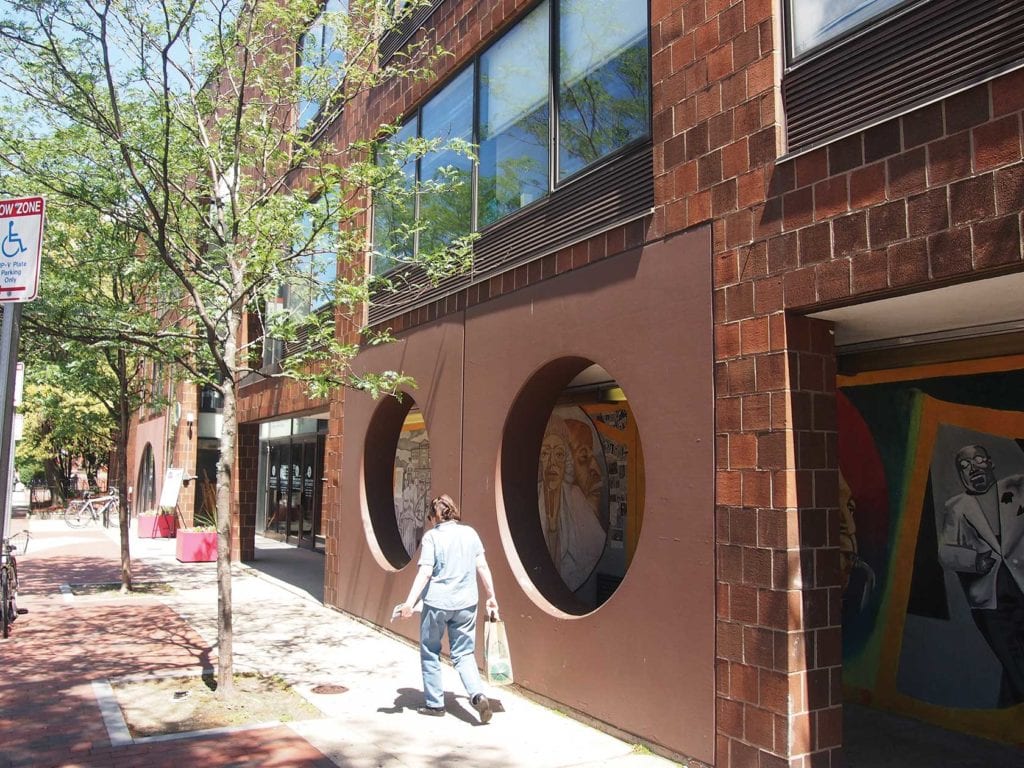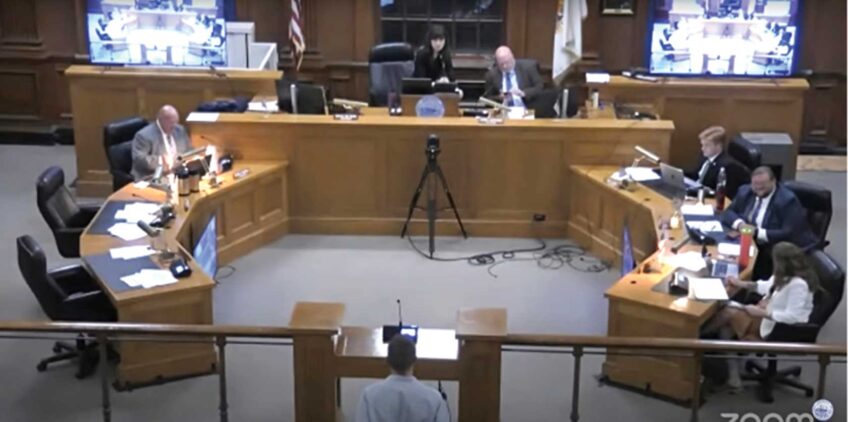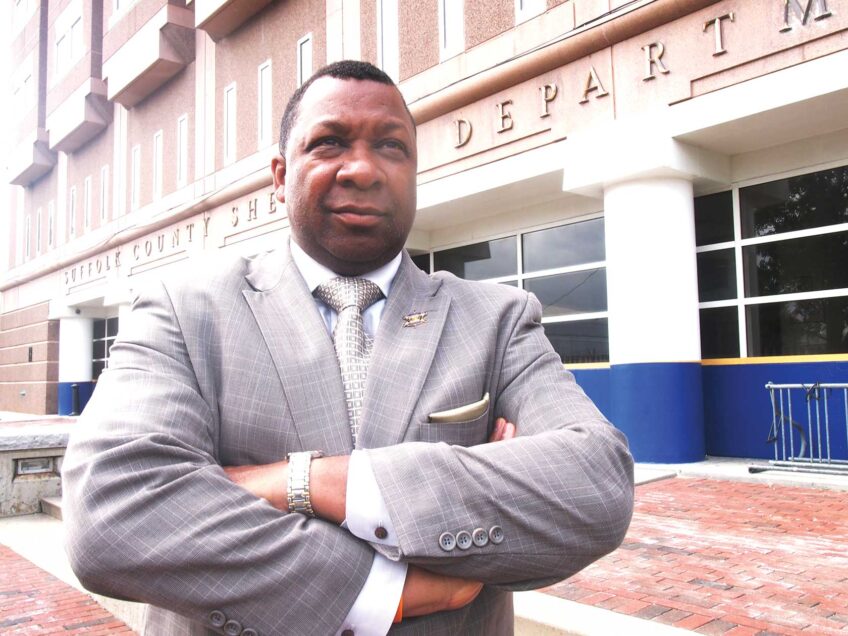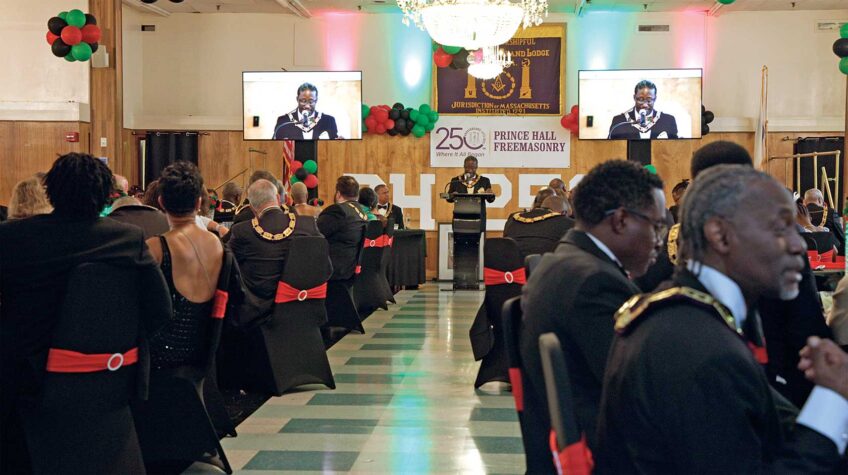ABCD makes bid for Tubman House bldg.
Agency would run anti-poverty programs out of S. End location

Action for Boston Community Development (ABCD) has submitted a bid to purchase the Harriet Tubman House, United South End Settlements’ community building at the corner of Massachusetts and Columbus Avenues.
The building, at 566 Columbus Ave., was built in 1975 to house USES’ multi-service community programming. The nonprofit announced last year that it would be selling the building due to rising maintenance costs and consolidating its services to its nearby Rutland Street building, using the proceeds from the sale to maintain and expand programming and build out the Rutland Street property.
“We need to sell 566 Columbus, which will allow us to build the new building as well as establish an endowment for the organization,” said USES Executive Director Maicharia Weir Lytle. “Given those objectives, we’re looking at proposals that both meet the economic side of things, so we’re able to build the new building, but also looking at proposals that have unique and creative community benefits.”
The sale is part of the organization’s Vision125 plan, a strategic plan for USES’ future released on its 125th birthday, which included a request for proposals for 566 Columbus Ave.
USES was founded in 1892 to provide resources to residents of the South End, at the time one of the poorest neighborhoods in Boston. The Harriet Tubman House was formed as a settlement house for black women who had migrated from the South in the early 1900s.
ABCD, another nonprofit which provides services to poor families across the city, has proposed to relocate its South End Neighborhood Service Center, now operating at 554 Columbus, to the Tubman House property. The move could mean more visibility and accessibility for its community programs.
“It’s an opportunity to get a space not very far from our other two locations,” said ABCD CEO John Drew, referring to his organization’s central office on Tremont Street and its nearby service center. “We’d be able to consolidate programs in a big space, in a space that people recognize as a community space.”
USES last year put out a request for proposals for the building, stipulating that bids include a community use for any renovation or new construction on the site. ABCD’s response does not list a purchase price for the site, but lists among its community benefits “commitment to preserve, honor, and maintain a long-standing community resource.”
Services
Among the services ABCD would offer in the Tubman building are adult workforce development training, youth enrichment services, violence prevention and re-entry services and “programs which help low-income households enhance their economic well-being through free tax preparation and training in budgeting, savings, credit utilization, and more,” according to the proposal.
Community members have expressed concern that USES has decided to sell the property, which has been a resource to nearby residents for over 40 years. However, Weir Lytle stressed that the organization, which has been around since 1892, has always been able to provide those services regardless of its location. In fact, the Columbus Avenue property is the second iteration of the Harriet Tubman House; the first, which was on Holyoke Street, was sold in the 1970s when the organization was in need of funds.
“Here we are, 40 years later, faced with the same challenge and the same decision,” Weir Lytle said. “The goal for us is to stay here in the South End, serving families in need who need childcare in support in breaking the cycle of poverty.”






